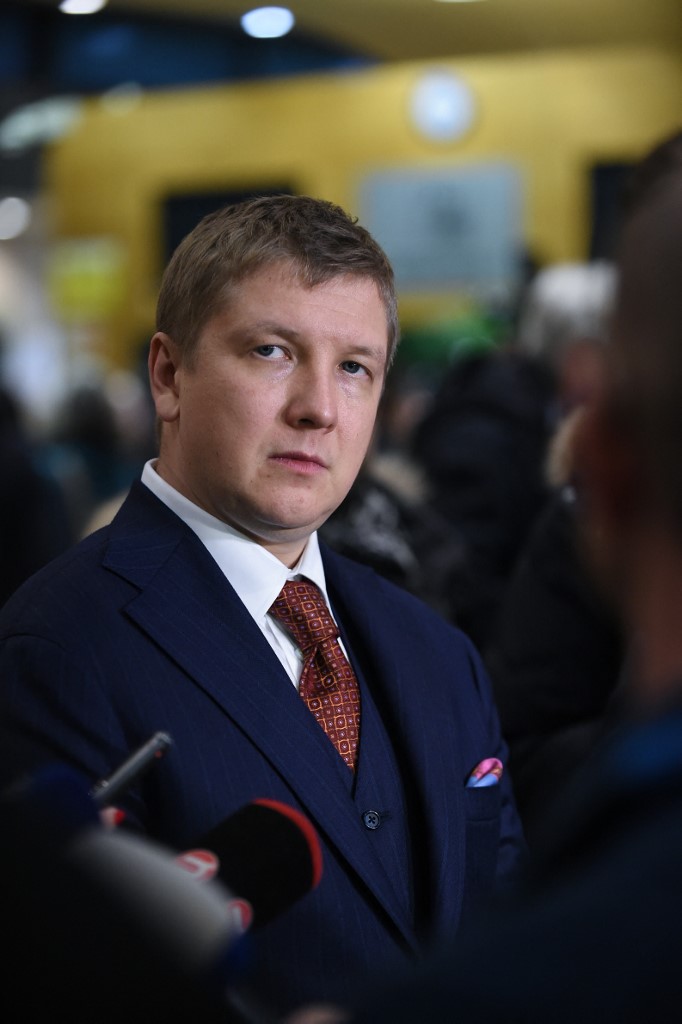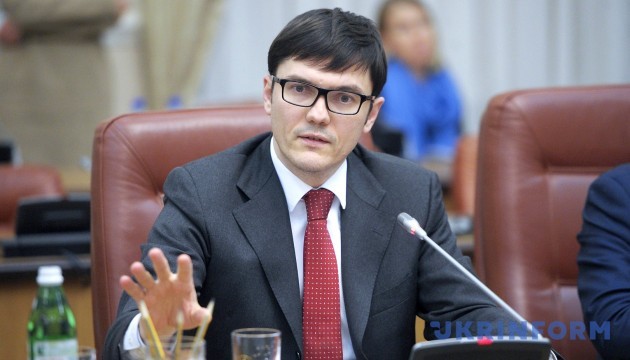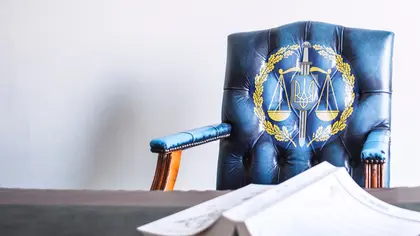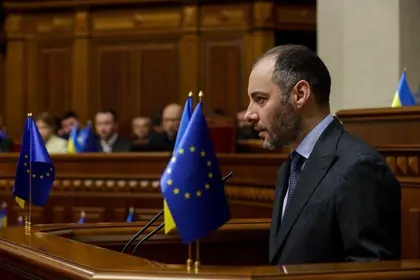Since the beginning of the year, the Special Anti-corruption Prosecutor's Office (SAPO) has held suspicions against technocrat Andriy Kobolyev and former minister Andriy Pyvovarsky, regarding their activities between 2014 and 2018.
Kobolyev, former chairman of Naftogaz, is accused of receiving an illegal bonus officially approved by the company’s supervisory board in 2018, while Pyvovarsky is accused of ordering the deregulation of ship dues – a decision approved by the Cabinet of Ministers when he held the position of minister of infrastructure seven years ago.
JOIN US ON TELEGRAM
Follow our coverage of the war on the @Kyivpost_official.
Investment banker Serhiy Fursa, a specialist of sales of debt securities for Dragon Capital, commented to Kyiv Post:
"These suspicions are happening entirely in the interests of Russia. That's all I can say."
According to Fursa, the cases against these prominent figures discredits anti-corruption structures, corporate governance reform, and the motivation of progressive activists who would not want to run for public office.
As early as 2014, pro-Russian politicians and media outlets regularly discredited pro-European officials who tried to reform Ukraine's economy, or stayed against Russia’s interests calling them nothing more than "Soros slaves" and describing the International Monetary Fund (IMF) as a diabolical organization that wants to enslave Ukraine. In 2018, entire TV shows on pro-Russian channels were devoted to high salaries and bonuses for Naftogaz management.

Ukrainian Deputy Minister Detained for Massive Bribe
The case against Andriy Kobolyev
In early 2018, the national joint-stock company Naftogaz of Ukraine won what the Financial Times called a "four-year epic battle" against Russia's Gazprom in the Stockholm arbitration. Gazprom demanded compensation from Ukraine for breaching a gas purchase contract of nearly $80 billion, or two-thirds of Ukraine's GDP at the time.
The result of the dispute was $4.6 billion in favor of Ukraine. Russia paid $2.9 billion at the end of 2019. At that time, Kobolyev was chairman of the board of Naftogaz.
In April 2018, Naftogaz's Supervisory Board voted to award its employees $46 million, or 1% of the $4.6 billion total. Kobolyev's bonus came to $22.4 million.
On Jan. 19, NABU and SAPO served a notice of suspicion to Kobolyev, who was suspected of embezzling more than 229 million Hr. ($6.2 million) in bonuses for winning the arbitration case against Gazprom.
Later, on Jan. 31, an investigating judge of the High Anti-Corruption Court ruled that the notice of suspicion against Kobolyev was unfounded.

Ukraine's oil and gas company Naftogaz Chief Executive Officer Andriy Kobolyev on January 21, 2019.John THYS / AFP
The case against Pyvovarsky
On Feb. 22, NABU and SAPO issued a notice of suspicion on former Infrastructure Minister Andriy Pyvovarsky and his former First Deputy Volodymyr Shulmeister, for allegedly causing the state to suffer losses of more than $30 million, the bureau's press service reported.
In July 2015, Pivovarsky signed an order changing the procedure for paying port dues. It allows private companies that have built new berths in seaports to keep half of the port dues. Those private companies can only use the money from the port dues for operating the water area.
According to Pyvovarsky, NABU accuses him of lobbying for the interests of one of the owners of private berths. "My part in the crime is to speak at a Cabinet meeting and actually sign a document previously approved by the relevant ministries, voted for by government members and subsequently certified by the Ministry of Justice," he said.
"I am convinced that the High Anti-Corruption Court will give an objective and impartial assessment of all the case circumstances" Pyvovarsky added.

SAPO’s decision-making
SAPO is one of the key bodies of the anti-corruption infrastructure, which, together with NABU and the High Anti-Corruption Court, should ensure that top officials are punished for corruption. SAPO is responsible for serving these suspicions on technocrats.
In July 2022, NABU detective Oleksandr Klymenko became the head of the organization after a long competition process, and his main rival was office prosecutor Andriy Sinyuk, who later became his deputy. Sinyuk reportedly tried to delay the competition by relying on the decisions of the Kyiv District Administrative Court, known for its untransparent verdicts, which was liquidated in Dec. 2022.
Sinyuk is associated in the media with the president's office, and there is a journalistic investigation pointing to Sinyuk's pro-Russian position.
Mark Savchuk, head of NABU’s Supervisory Commission explained to Kyiv Post the suspicions about the former officials, saying that prosecutors simply have difficulty understanding the processes of deregulation and the indirect impact on the budget.
"They see that the budget has not received funds under one item and do not understand that in the process of deregulation, the budget receives funds under another item instead. In general, I believe that these cases indicate the wrong focus of SAPO and NABU. They should primarily deal with crimes that pose an economic threat now, not seven years ago," he said.
Yaroslav Zheleznyak of the opposition Holos (Voice) faction in the Ukrainian parliament, is currently heading a commission into whose remit it is to investigate possible violations of Ukrainian legislation by officials.
“These suspicions are definitely playing into the hands of the Russians, but I don't think it's some kind of evil genius at work. Sometimes stupidity happens without it,” Zheleznyak said.
You can also highlight the text and press Ctrl + Enter






